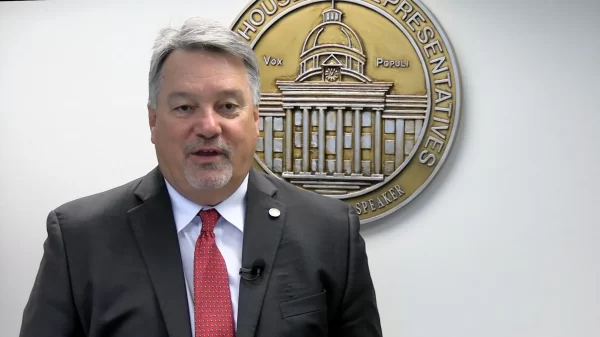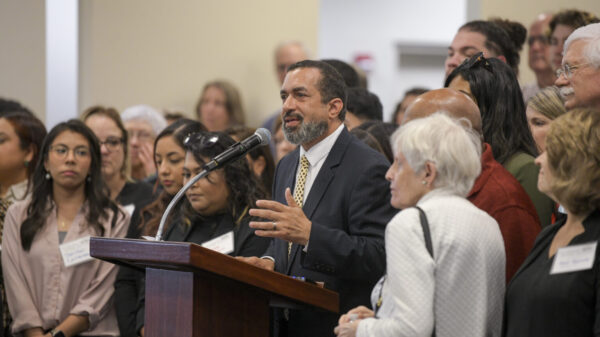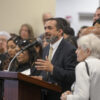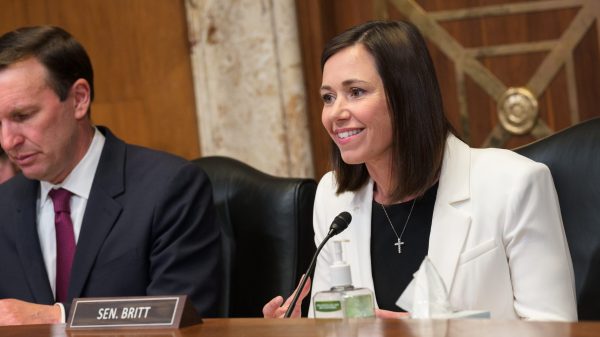By Brandon Moseley
Alabama Political Reporter
The Medical Association of the State of Alabama (MASA) wants the state legislature to raise the excise taxes on cigarettes and tobacco to prevent the Alabama Medicaid Program from taking a 38% cut in the 2012/2013 budget. The General Fund budget that the Alabama House of Representatives passed on Tuesday would cut the state Medicaid budget by over a third. The budget passed the House and is now in the Alabama Senate. MASA says that a $1 a pack increase in the tax would generate $212 million a year.
The President of MASA, Jeff Terry MD, said “Alabama has one of the lowest tax rates per package of cigarettes in the country, yet tobacco use and cigarette smoke greatly increases our state healthcare costs.” MASA predicts that the tax would also save 20,000 lives by preventing premature smoking deaths.
MASA is joined in calling for the tax increase by the American Cancer Society, the American Heart Association, the Alabama Academy of Family Physicians, the Alabama Academy of Pediatric Dentistry, the Alabama Cancer Congress, the Alabama Chapter of the Academy of Pediatrics, Alabama Dental Association, Alabama Hospital Association, Alabama Orthopaedic Association, Alabama Academy of Radiology, Alabama Primary Healthcare Association, Alabama Section ACOG, Alabama Rural Health Association, and Neurological Society of Alabama.
MASA and their medical allies claim that the proposed cuts in Alabama Medicaid will eliminate drug coverage for more than 185,000 adults, close community pharmacies, eliminate kidney dialysis, jeopardize critical care transport of poor children, eliminate hospice and home healthcare services, lead to more overcrowding in emergency rooms, and threaten access to both primary care physicians and specialists.
Medicaid was part of President Johnson’s controversial “Great Society” package of programs in the 1960s. Medicaid is a state and federal program that subsidizes healthcare for poor people. Doctors and Hospitals are paid by the program to provide healthcare services for people who otherwise could not afford them with little or no copayments or deductibles. Over 900,000 Alabama residents get Alabama Medicaid services. Medicaid pays for almost half of the live births in Alabama and insures almost 40% of the state’s children.
Critics of the program argue that it creates dependency, encourages overuse of healthcare resources by the poor, and has contributed to the breakdown of traditional morality by heavily subsidizing out of wedlock births and providing free healthcare coverage for poor children.
Medicaid is the largest and most costly program in the Alabama General Fund budget. Other states like New Jersey have turned over their state Medicaid programs to managed care companies, who claim that they can improve outcomes and lower costs versus the state managed and operated fee for service system that Alabama uses now. An $81 million accounting error by state employed bureaucrats at Alabama Medicaid is largely responsible for the state’s current prorated General Fund budget. The state of Alabama pays roughly 32% of the cost of the Medicaid Program in Alabama. The other 68% comes from federal matching funds. Medicaid and Medicare (a single payer healthcare system for seniors) is costing the federal government $831 billion a year and is the largest component of federal spending.






















































